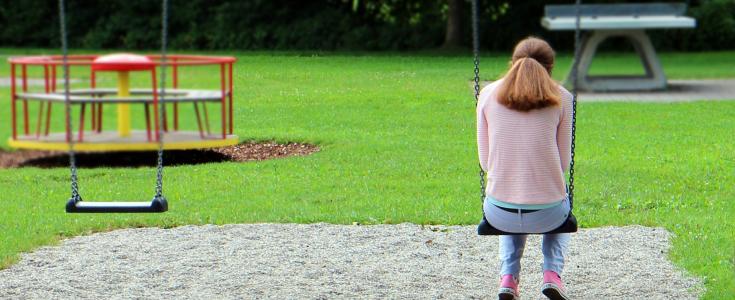Study Shows Anxiety Is More Common In People With Low Income
A study published in the journal Archives of Psychiatry has found that anxiety and mood disorders are more common in people with low incomes. Specifically, people with an annual household income of less than $20,000 were at an increased risk for mental health problems in comparison with people making $70,000 or more.
The researchers, from the University of Manitoba, analyzed information collected from around 35,000 adults as part of the U.S. National Epidemiologic Survey of Alcohol and Related Conditions. The data was collected during two interviews, which were conducted three years apart.
In addition to showing that low-income adults are at an increased risk for mental health problems, the analysis also found that people who experienced a drop in income in the three years between interviews were at an increased risk of mood disorders, anxiety disorders, and substance abuse.
The study doesn't prove that poverty or loss of income causes anxiety and other mental health disorders, but it does point out that people in those situations may have an increased need for mental health interventions and treatment. The findings have interesting implications for public health programs, suggesting that targeting low-income populations may have the best return on investment in terms of improving the mental health of the population as a whole.
Source: Business Week
Photo: Pixabay










